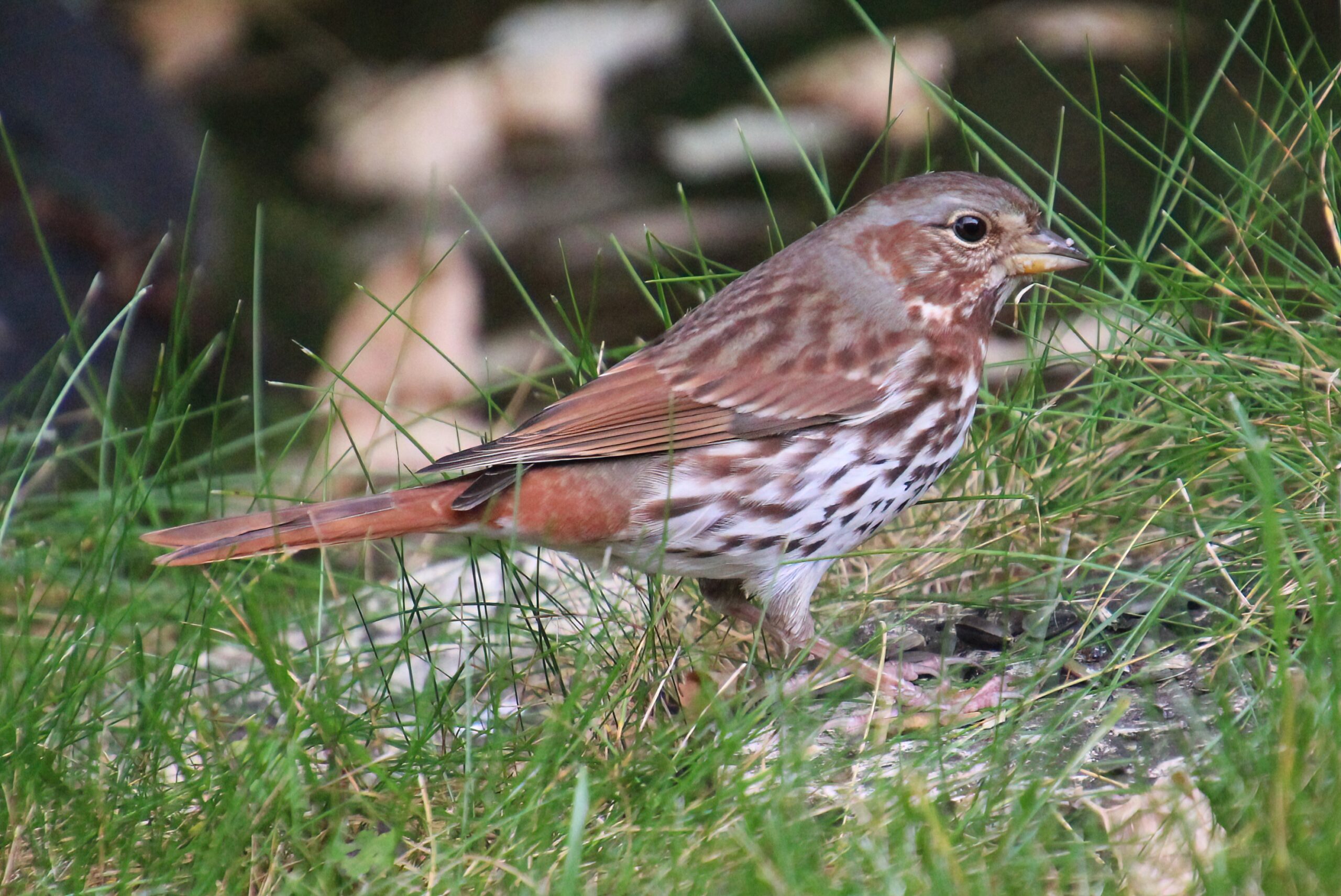We are a mobile people living in a fast-paced world. This mobility has given us access to better work, better vacations, and accessible services. We can get on a plane or drive on a highway and get where we need to go. If we want to, we can sell our house and move wherever we like. Today we take full advantage of this new level of mobility. By some estimates, North Americans move on average 11 times in their life and society celebrates the jet-set and free life. Today it seems almost unusual if a person or family stay in one place, especially when greener pastures might be available just beyond the horizon.
Yet for all the benefits that mobility and rapid change might bring, there is a growing rediscovery of another approach to life. It is a return to the ancient art of stability. It is a lifestyle that chooses to go in the other direction, to put down roots, to learn names, and to find joy in the present moment and place where we live.
Benedictine monks may be a strange source of inspiration for day-to-day living, but they may have something to teach us. They take a vow of stability that shapes the way they live. It means that they give up the temptation to always look elsewhere for the perfect life, believing they can find and create a great life right where they are. But their sense of stability goes deeper than this. They believe that by always being on the move, we are often running away from ourselves. By staying in place, we learn who we are and that opens doors to a better life. The art of stability is the art of growing and people who put down root, grow.
The ancient art of stability is more than just refusing to move. It is actually choosing to fully engage the place where we live and refusing to live anonymously. I recently met someone who moved, and they did so because they needed to get away from some people. It was a pattern in their lives. When they faced a challenge, they simply moved away. It can feel dangerous to be known, we have a fear that if people get too close they might discover the real, messy, and complex person we actually are. But by choosing stability we choose to be known, and to be loved by others.
We grow by going deeper with others and by realizing that relationships cannot be bought. We cannot buy into community and neighbourhoods, we need to grow into them. That takes time. It takes walking around in our community. It takes knowing names and learning about people around a supper table. It means connecting in real time, face to face. It means rethinking what the good life could mean.
C.S. Lewis creatively described hell as the place where people are always moving away. Hell is the anti-community. The non-neighbourhood. No one knows each other or cares to see each other. He believed that the good life is not found in being anonymous, but in being known and cared for. Stability could be uncomfortable as we try to meet others, share stories, and spend time listening to others. But in the journey we find ourselves and our deepest purpose. Heaven, he says, is the place where we can finally be home, safe in the company of others, just as we are. Maybe we can even begin to create a bit of heaven here and now, and in doing so, we might just choose to stick around.






